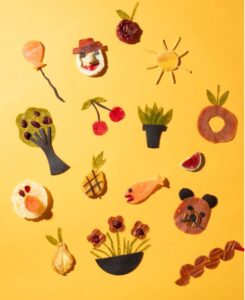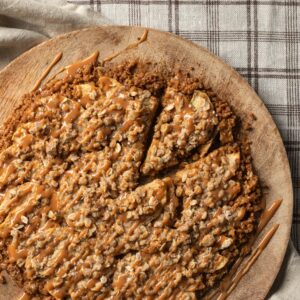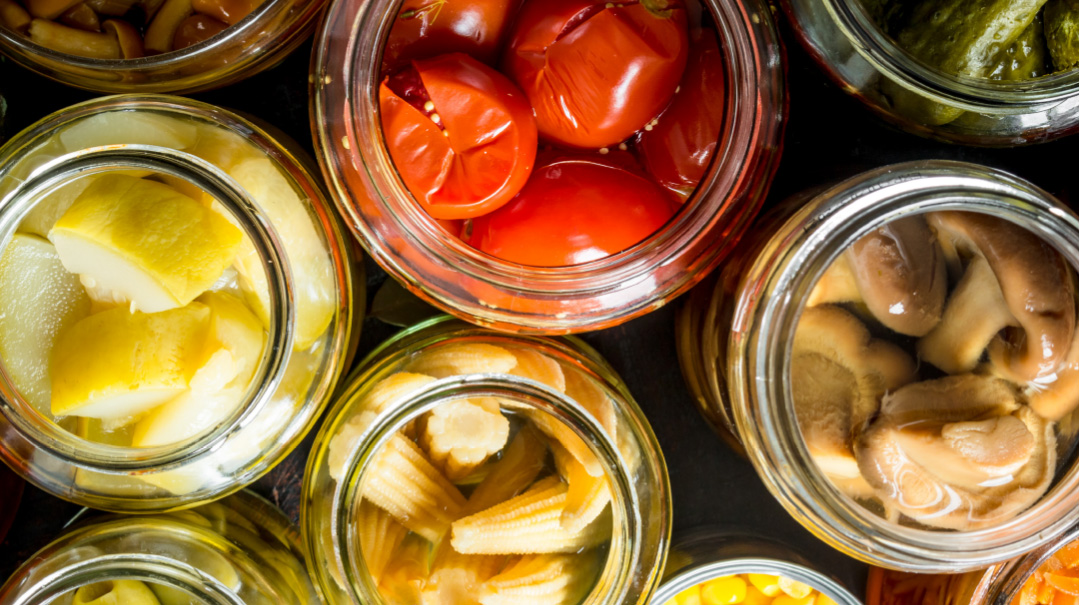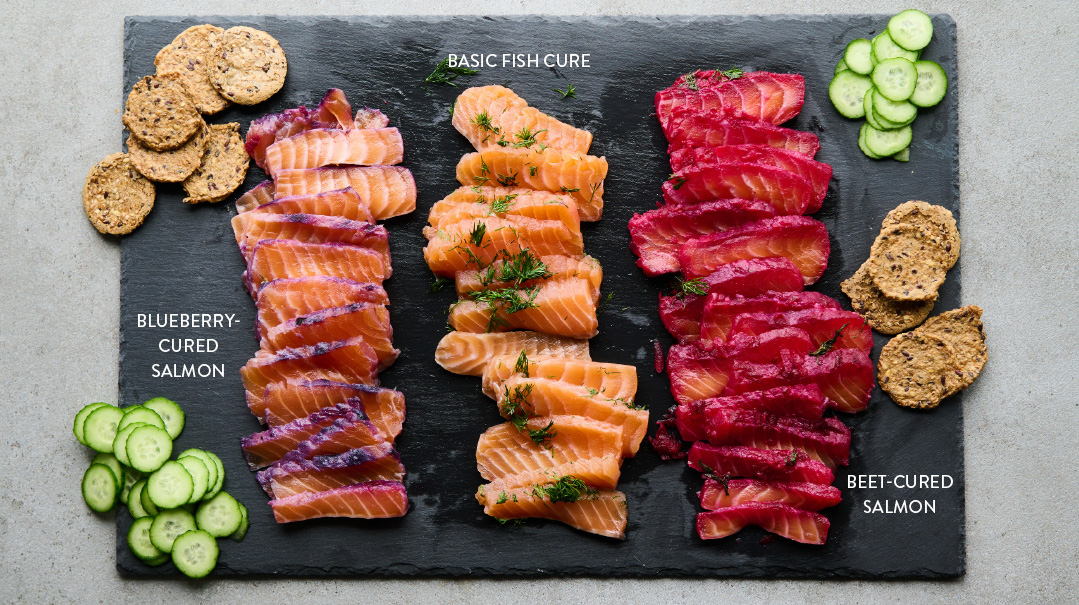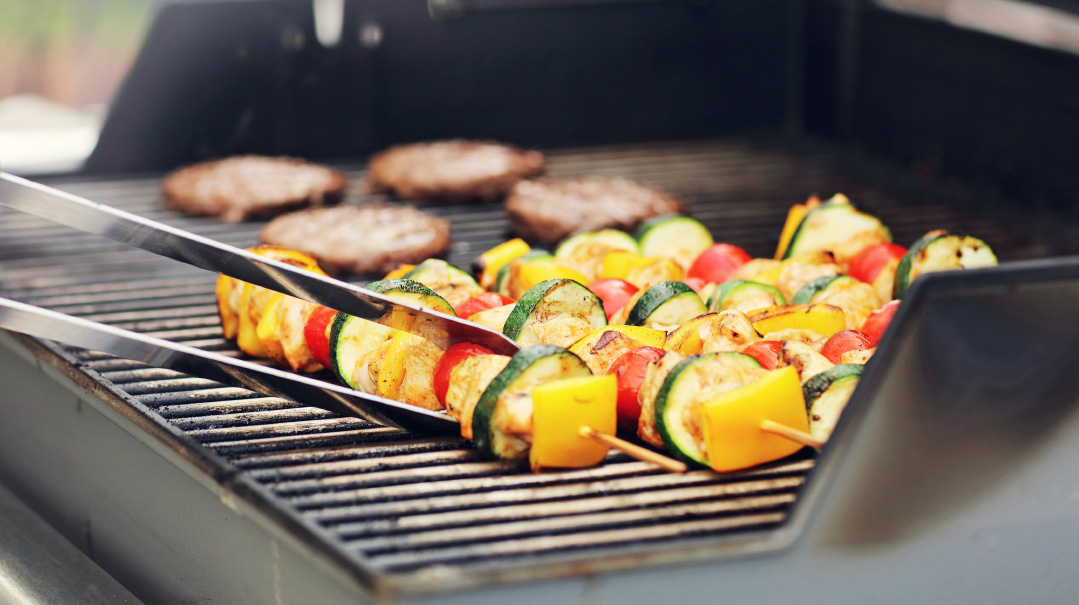
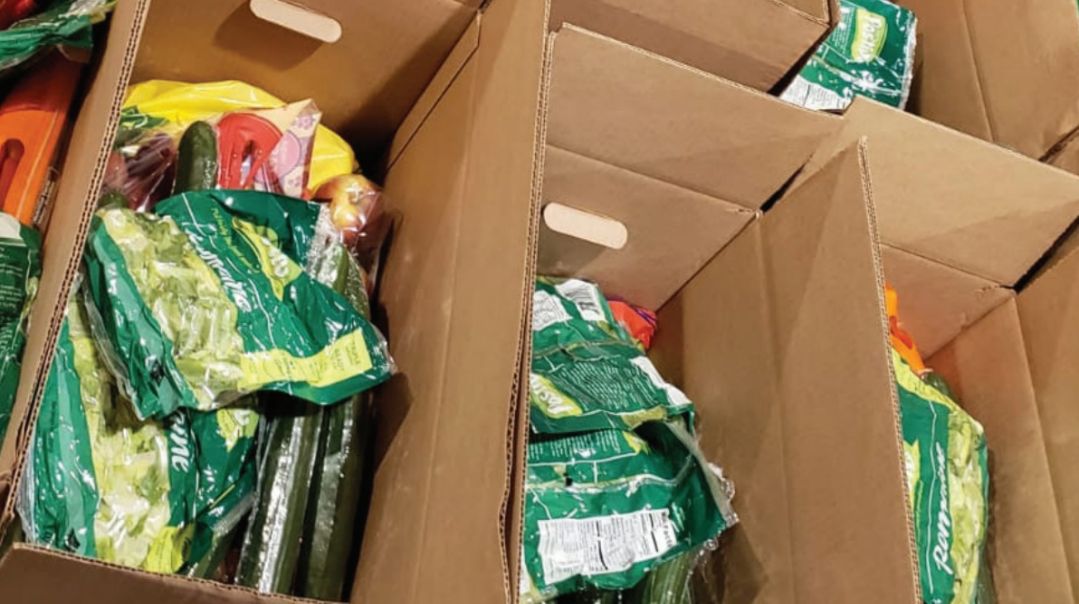
It was a week before Pesach in the Five Towns, and people were finishing their Yom Tov shopping or ordering food for delivery, doing their best to respect social distancing. But what would be after Pesach?
The wise man looks into the future, anticipating what might be. Yaakov Lopiansky’s thoughts turned to what would happen right after Pesach during the mad rush to restock Cheerios and flour. This year would be especially hectic, since Pesach was ending Thursday night and people had one short day to change over their kitchens and prepare a chometzdig Shabbos. How would stores handle it safely? Neither option — stores crowded with jostling customers or lines of people snaking down the block waiting for a turn — seemed safe or practical.
Nor could deliveries be an option for everyone, since the stores simply lacked the manpower to pack and deliver boxes for every household. There had to be a better way, a way to simplify grocery shopping so that crowds, lines, and deliveries could be bypassed and everyone’s safety ensured.
From Planning to Execution
Yaakov reached out to his friend Elie Schwab, a local real estate attorney who’s better known in frum circles as the composer of songs for such musical talents as Mordechai Shapiro (“Schar Mitzvah”), Benny Friedman (“Maasim Tovim”), Simcha Leiner (“Rise Up”), Beri Weber (“Yachad”), and mostly recently, Yumi Lowy (“Mi Shebeirach Lacholim”). Elie and Yaakov gathered a small group of friends from their shul, Kehilas Bais Yisroel in Far Rockaway, and put their heads together.
Here’s what they came up with: Instead of letting people expect their stores to deliver orders, they’d place the onus on families to pick up boxes of food from a central location. But they would also simplify the process of packing boxes for the stores by creating standardized boxes in six different categories. “We drew up a list of staple items for produce, dairy, meat and chicken, kid supplies, pantry staples, and bakery,” Elie Schwab explains. “Each family could order boxes in the quantities they needed.”
They presented the idea to their rav, Rabbi Elysha Sandler, who in turn brought it up with the other community rabbanim he confers with every couple of days about the COVID-19 crisis. “They all supported it,” Elie says. Rabbi Eytan Feiner from the White Shul was so enthusiastic, he offered his parking lot as the pickup site as well as use of the shul’s refrigerators and freezers. Achiezer, Rabbis Yaakov and Baruch Bender, and others endorsed the cause.
Now Yaakov, Elie, and the others had to find a local supermarket willing to work with them. “We reached out to all the big grocery stores,” Elie says. “They were all so overwhelmed, no one seemed interested at first. But finally we got to the right people at Gourmet Glatt, and not only did they get on board, they sold us food at prices substantially below their usual prices. They were incredibly diligent in finding everything we needed.
“No one made a profit! The store sold to us, and people ordered and paid online. We got donations, and if there was any money left over, it went back to the community to fund food for the needy.”
With Gourmet Glatt on board, and one-hundred-plus grocery items identified, a few last details needed to be settled. The project became a joint shul effort: An accountant offered to keep track of the books, the owner of a credit card processing company came forward to process credit card orders, and a customer service specialist took charge of incoming questions, and a humble talmid chacham served as liaison to community rabbis, funneling halachah questions to them.
Yaakov says he can’t count the number of people who deserve credit: “Each vendor we worked with went above and beyond to get an enormous amount of products on short notice; volunteers worked through the nights, including the night of bedikas chometz, to package boxes; a website developer created a beautiful website overnight, and donors literally fought with each other over who should have the zechus to give more.”
Oops! We could not locate your form.


